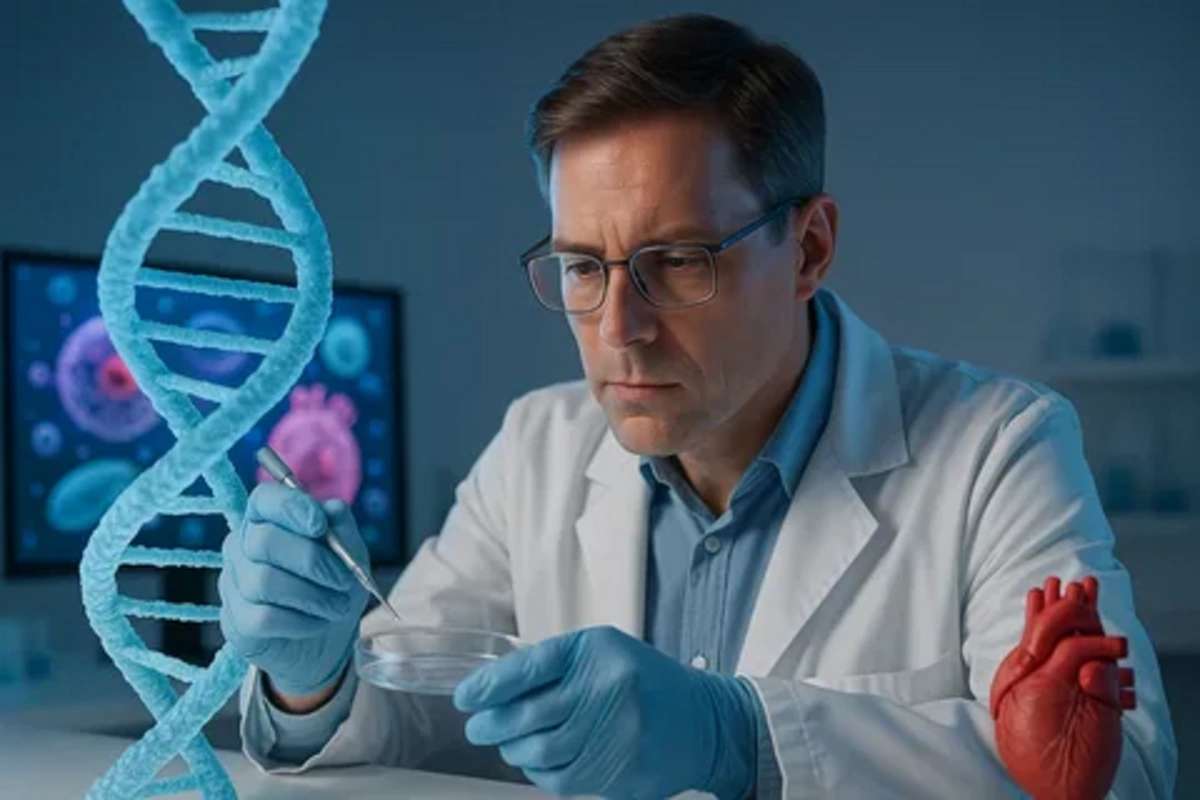Scientists have found a way to save endangered species

An international team of scientists has proposed using genetic engineering advances to protect endangered animal species. These technologies, already applied in agriculture and projects to "resurrect" extinct animals, can help restore lost genetic diversity necessary for species survival in conditions of climate change and destruction of natural ecosystems.
The idea is presented in an article published in the journal Nature Reviews Biodiversity. Among the authors are researchers from the Universities of East Anglia, Copenhagen, the Colossal Foundation, and other scientific organizations.
Scientists warn: even if population numbers can be increased, genetic degradation may continue. Without sufficient variability in genes, a species becomes vulnerable to diseases, heat, and other environmental stresses.
One striking example is the pink pigeon from Mauritius. Its numbers were increased from 10 to more than 600 individuals, but genomic studies have shown: the species still suffers from loss of genetic diversity and accumulation of harmful mutations. Without intervention, experts believe, it may disappear in the next 50-100 years.
Genetic engineering allows recreating lost genetic information using DNA extracted from museum specimens. Scientists also propose using genes from closely related species to increase resistance to diseases and climate changes, as well as replacing harmful mutations with healthy versions.
However, specialists emphasize: such methods should not replace traditional approaches to nature conservation. Interventions should be conducted with extreme caution, with phased testing, constant monitoring, and participation of local communities.
"We are not promising a miracle," says Professor Hernan Morales from the University of Copenhagen. "But we have tools that can complement traditional conservation methods and open the way to a new approach based on a combination of technology and ecosystem responsibility."
Similar News
Debunking the popular myth about the harm of eggs
A new study by the University of South Australia, published in The American Journal of Clinical Nutrition (AJCN), has disproven the long-held belief about eggs...




 Azərbaycanca
Azərbaycanca  По-русски
По-русски  English
English 






